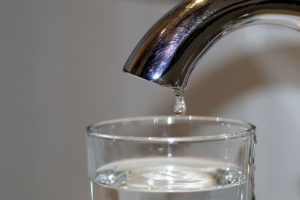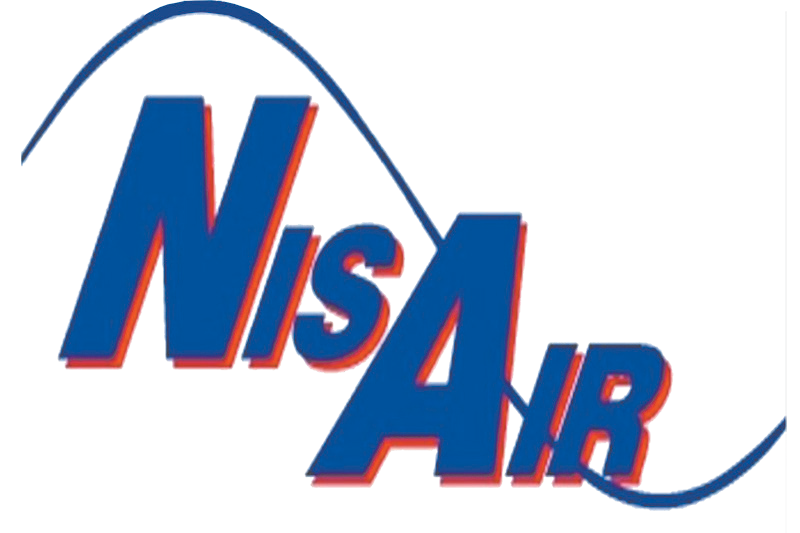How to Solve These Common Water Pressure Problems
Water pressure problems can make simple household tasks a time-consuming annoyance. While residential water pressure may range as high as 80 p.s.i. depending on your municipal water utility, most experts agree that it should never be less than 40 p.s.i. When water pressure drops below that level, shower heads and faucets under-perform, toilets and washing machines take a long time to fill and hot water from the water heater is slow to reach fixtures in the house after you turn on the tap.
Resolving water pressure problems helps both system performance as well as reduces household water waste. Here are some target areas a qualified plumber will likely investigate:
- Main shutoff valve partially closed. If the valve was shut for some reason in the past, it may not have been opened up all the way afterwards—particularly if it was difficult to turn as these valves often are. This can reduce water pressure throughout the house. Don’t try to force a sticky valve open yourself, let a qualified plumber check it.
- Pressure-reducing valve problems. Located at or near your water meter, this valve automatically reduces water pressure coming off the municipal main into your house. If the valve was adjusted wrong or is malfunctioning, it may be lowering pressure too far. A plumber can use a gauge to measure pressure and evaluate the valve.
- Clogged supply lines. Mineral deposits occurring inside water supply lines over time slowly reduce flow and pressure. This is particularly true in areas with naturally “hard” municipal water. If your pipes have accumulated mineral deposits, your plumber can discuss re-piping options to restore proper pressure.
- Underground leakage. The main supply line extending from the water meter to your house is buried about four feet underground. Leakage from this pipe can affect household water pressure. Pay attention to unusual increases in water bills. Also look for any unexplained wet, soggy areas of your lawn that never seem to dry out. A plumber will need to excavate the pipe and repair the leak.
For more advice about eliminating water pressure problems, ask the professionals at NisAir Air Conditioning and Heating.

